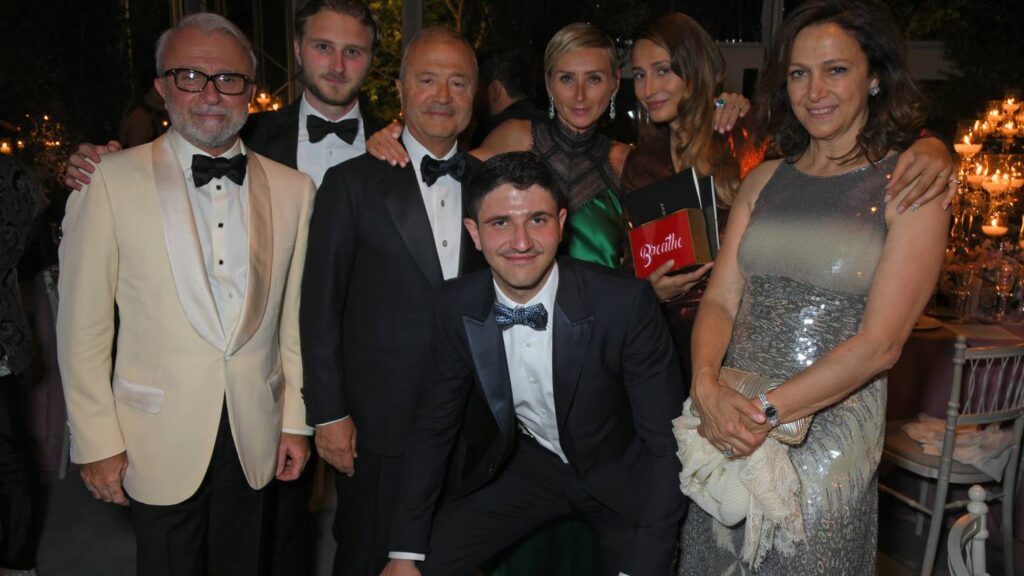
A British-Lebanese businessman is suing two banks who refused to transfer $4.6 million out of Lebanon following the 2019 economic crisis.
Vatche Manoukian, 42, repeatedly asked SGBL (Societe Generale de Banque au Liban) and Bank Audi to transfer money to a Swiss account from 2019 but the two lenders refused, citing informal capital controls imposed by the country’s central bank.
Mr Manoukian is demanding the return of the $3.4m held in SGBL and the $1.2m held in Bank Audi, plus damages and interest. The banks are contesting the claims.
The case comes after a French court ordered another Lebanese bank, Saradar, to pay $2.8m to one of its clients in France last year in the first known international ruling against Lebanese banks over the capital controls. READ MORELebanon central bank governor Riad Salameh under more pressure from Europe
Mr Manoukian’s claim is a rare case being heard in London, which has been brought under EU consumer legislation that was in place before Brexit. The case has been fast-tracked at the High Court because of the deteriorating financial situation in Lebanon.
Lebanon’s financial system collapsed in 2019 after years of unsustainable financial policies, and banks imposed tight controls on accounts, including a de facto ban on withdrawals of dollar-denominated deposits and limits on withdrawals in the local currency.
These controls were never formalised with legislation and have been challenged in local and international courts by savers who have sought to take out their money promptly in hard currency, rather than in the Lebanese pound, which has lost more than 90 per cent of its value in two years.
The crisis has been exacerbated by the Covid-19 pandemic, the catastrophic blast that occurred in Beirut port in August 2020 and civil unrest, and the banks say they have suffered “extraordinarily difficult” economic conditions.
“While it is correct … that Lebanon is suffering from an economic crisis, that does not negate the requirement for the banks … to comply with their obligations,” said lawyers for Mr Manoukian.
Mr Manoukian said that guidance from the central bank did not amount to a ban and there was “no law that prohibits the banks from paying Mr Manoukian, and, indeed, the banks have paid out vast sums of money in international transfers when it has suited them”.
His lawyers said the shareholders of the two banks enjoyed profits in the good times but have not used their substantial resources to avoid making it “time-consuming and extremely expensive for consumers to recover the monies to which they are entitled”.
Lawyers for the two banks argued they were in within their rights to refuse Mr Manoukian’s requests for international transfers.
“The banks say in particular that they were entitled to refuse to comply with the requests given the circumstances of Lebanon’s ongoing financial crisis,” the banks said.
The hearings are expected to conclude next week with a judgment at a later date.


